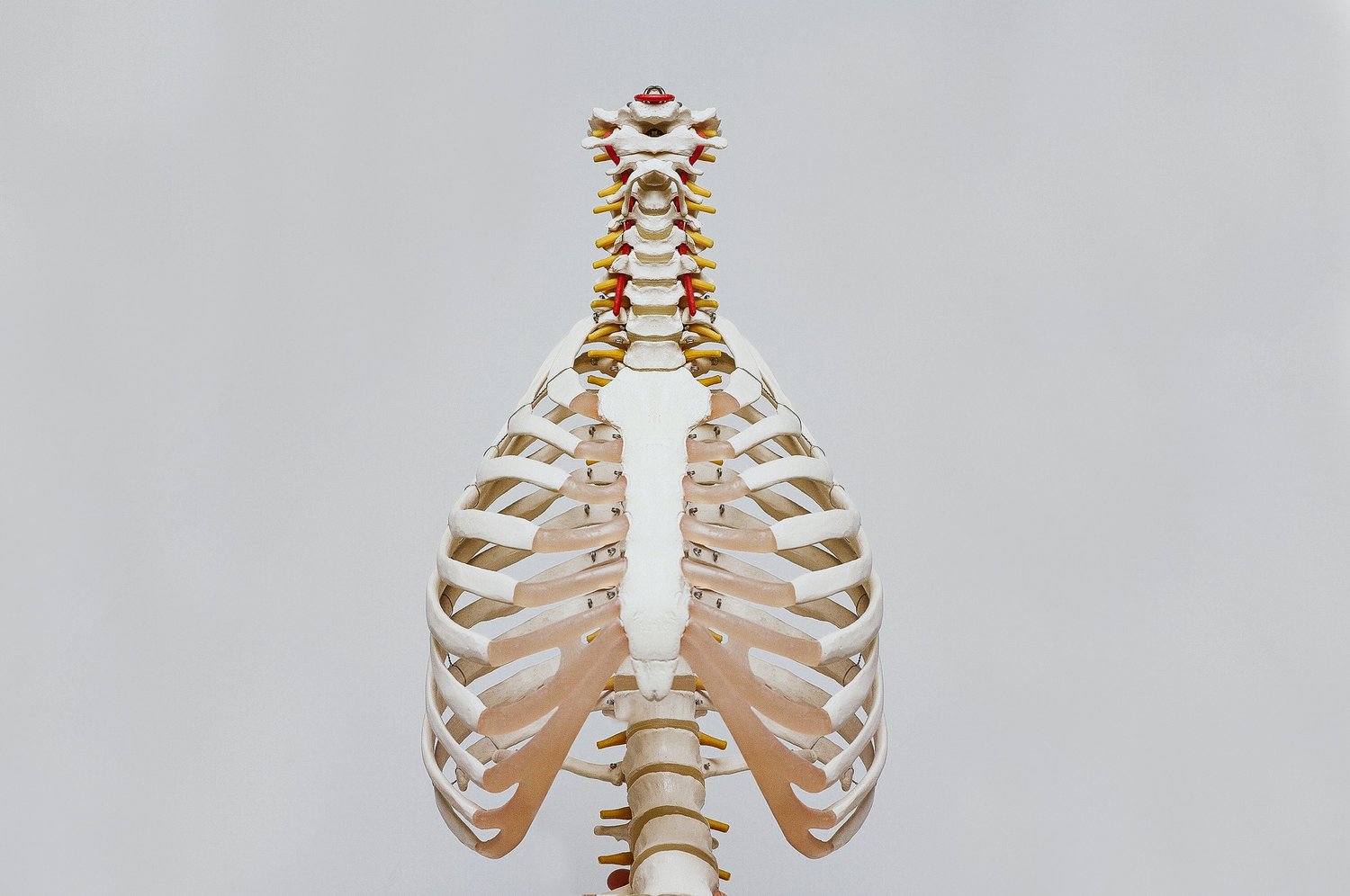What is Osteopathy?
Osteopathy is a “hands on” approach to healthcare, which aims to help to promote health in the body and minimise pain or discomfort. Clinicians tailor their treatment for each patient, using manual therapy, health advice and sometimes exercise and stretching information.
Osteopaths aim to aid the health and wellbeing of people of all ages. The purpose of an appointment is to diagnose, inform, and treat muscle, nerve and joint complaints.
As highly trained healthcare professionals, osteopaths’ expertise centres around the musculoskeletal (MSK) system – that is the muscles, joints and associated tissues and their relationship with other systems of the body. By looking at why and how the pain or injury got there in the first place, osteopaths aim to help you to understand the progression of symptoms and therefore help to prevent it coming back.
Osteopathy on the Green is a private healthcare clinic and you can visit us without the need for a GP referral.
What do osteopaths do?
Osteopaths will use a wide variety of gentle hands-on techniques such as soft tissue work, articulation and joint manipulation. These techniques focus on releasing tension, improving mobility and optimising function, together with providing useful health advice and exercise if required.
Osteopaths will also work with, or refer you to, other healthcare professionals as needed to ensure you receive optimum care. They take the time to understand each patient – your unique combination of symptoms, medical history and lifestyle. This helps to make an accurate diagnosis to the cause of your issue, (not just addressing the site of discomfort), and formulate a treatment plan with you that will achieve the best outcome.
who can osteopaths help?
People commonly visit osteopaths for common MSK conditions, such as back pain, neck pain, joint stiffness, general muscle or arthritic discomfort. This can come from postural, gait, sports, desk position, stress… and so many more factors! People also visit osteopaths for a variety of other health reasons including neuromuscular conditions such as sciatica, digestive issues, headaches and migraine prevention.
Please don’t worry if you present to the osteopaths at the clinic complaining your “back pain needs massage”, “joints feel stiff and need loosening” or that you have “headaches from tight muscles”. All of these colloquialisms are fine; we are very used to them! Please don’t feel you need to research the “correct” language for your complaint; that’s our job!
Osteopaths have a particularly wide range of expertise, and during their training are exposed to specific inflammation points which may come from;
Chronic pain conditions such as SLE, Ankylosing Spondylitis, scoliosis etc.
Sports injuries / training optimisation for events such as triathlon, weight lifting, tennis, golf, hockey, ice skating, football etc
Posture and desk related stiffness and aches and pains
General stress related presentations (tight muscles, jaw pain, postural fatigue)
Injuries from falling, degeneration, repetitive strain or just waking up with a new “crick”!
To find out more about how osteopaths can help, please contact us for more information (info@12camberwellgreen.co.uk).
Paediatric patients
Paediatric osteopathy focuses on the unique needs of infants, children, and adolescents. This approach recognises that growing bodies develop differently than adults and that they may require specialised care. Osteopaths trained in paediatrics utilise gentle manual techniques to promote overall wellness and address specific concerns such as developmental delays, musculoskeletal issues, and chronic conditions.
Treatment may involve assessing the child's posture, movement patterns, and coordination. Parents are often involved in the process, and education about maintaining healthy habits is emphasised. By fostering a supportive environment, paediatric osteopaths aim to enhance the child's physical health and emotional well-being.
In addition to treating existing conditions, paediatric osteopathy can be an essential part of preventive care. Regular visits may help monitor growth and development, ensuring that any potential issues are addressed early.
Training and registration
Osteopaths are regulated by law and recognised as an allied health profession by NHS England. This gives them a similar status to dentists or physiotherapists and guarantees the equivalent high level of care.
By law, an osteopath must be registered with the General Osteopathic Council (GOsC) to practise in the UK. You can find more details on their official site - www.osteopathy.org.uk
Before an osteopath can obtain registration, they must attain specialist degree-level training, either a Bachelor of Science (BSc.) or integrated Masters (MOst.), plus complete over 1000 hours of clinical placements (direct patient contact time). All our osteopaths qualified at the University College of Osteopathy (formally the BSO), you can have a look at more information about the course etc here: www.uco.ac.uk
To maintain their registration with GOsC, which is renewed annually, osteopaths must meet mandatory continuous professional development (CPD): keeping skills and knowledge up-to-date and maintaining high standards of professional development.

